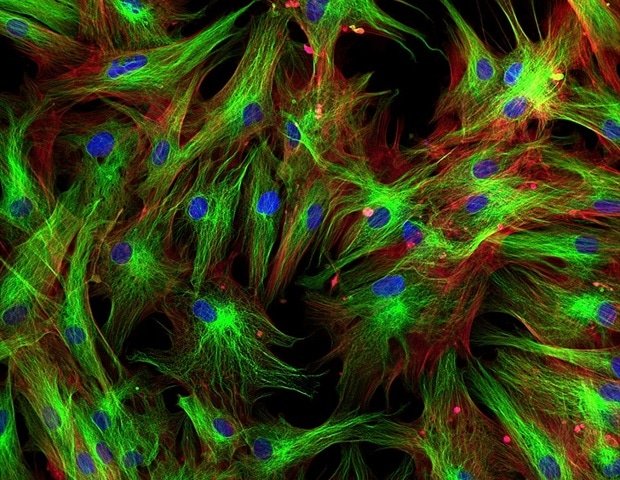Lymph node metastasis is a critical factor in cancer progression, significantly influencing patient prognosis and treatment outcomes. The tumor microenvironment, particularly cancer-associated fibroblasts (CAFs), play a vital role in this process. CAFs influence the metastatic landscape through interactions with other cells and secretion of signaling molecules. Based on these challenges, it is necessary to conduct in-depth research to reveal the molecular mechanisms involving CAFs and develop targeted therapies that can inhibit lymphatic metastasis and improve cancer treatment strategies.
Researchers from Sun Yat-sen Memorial Hospital, publish a study (DOI: 10.20892/j.issn.2095-3941.2024.0138) in Cancer Biology & Medicine on May 22, 2024, examined the heterogeneity of CAFs and their roles in promoting lymphatic metastasis. This study provides a comprehensive analysis of how different CAF subsets interact with the tumor microenvironment, offering new strategies for targeted cancer therapies.
This study highlights the critical role of CAFs in shaping the lymphatic metastatic landscape. The researchers examined different subsets of CAFs that interact with other stromal cells, secrete cytokines and produce exosomes, which contribute to lymphatic invasion and metastasis. An important finding is the role of PDGFRα+ITGA11+ CAFs in bladder cancer directly interact with lymphatic endothelial cells, enhancing lymphatic invasion and metastasis. The study also explores the therapeutic potential of targeting specific CAF subsets, showing promising results in preclinical models. By inhibiting the interactions between CAFs and other cells, particularly through targeted antibodies, the researchers showed a reduction in lymph node metastasis. These findings offer valuable insights into the complex mechanisms of CAF-mediated metastasis and suggest new avenues for the development of targeted cancer therapies.
Our findings highlight the complexity and importance of CAF heterogeneity in cancer progression. By targeting specific CAF subsets, we can develop more effective therapeutic strategies to inhibit lymphatic metastasis and improve patient outcomes.”
Dr. Changhao Chen, lead researcher
The insights from this study pave the way for the development of new cancer therapies that specifically target CAFs. By understanding the diverse roles of CAFs in tumor metastasis, researchers can design targeted therapies that potentially reduce the spread of cancer and enhance the effectiveness of existing therapies. This approach could lead to improved prognoses and quality of life for cancer patients.
Source:
Journal Reference:
Zheng, H., et al. (2024). Role of cancer-associated fibroblast functional heterogeneity in shaping the lymphatic metastatic landscape: new insights and therapeutic strategies. Cancer Biology and Medicine. doi.org/10.20892/j.issn.2095-3941.2024.0138.
